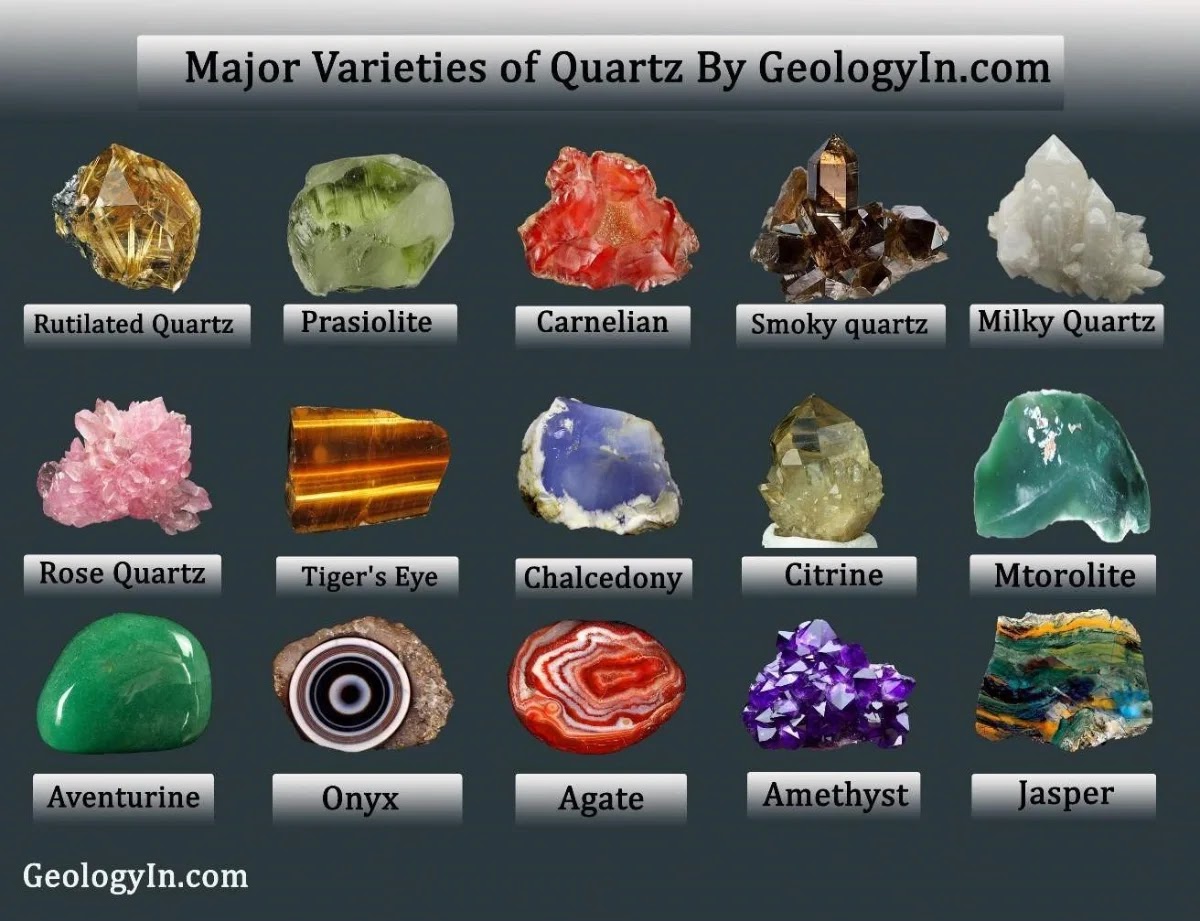Japan's quake could affect Korea in upcoming years
 |
| IRIS Seismic Map |
The possibility of an earthquake with a magnitude of up to 5.5 occurring on the Korean Peninsula in the next several years cannot be ruled out in the wake of Japan's latest quakes, a geologist here said, citing a pattern of seismic activity.
But the presumed quake, even if realized, will cause no severe damage to South Korea as its buildings are designed to resist a maximum 6.5-magnitude earthquake, according to Ji Heon-cheol, head of the quake research center at the state-funded Korea Institute of Geoscience and Mineral Resources.
The back-to-back deadly quakes -- measuring 7.0 and 6.2 in magnitude each -- that struck Japan's southern island last week have served as a reminder of the seriousness of the disaster and the need for thorough preparedness. On the other part of the planet, Ecuador was also devastated by a 7.8-magnitude quake last weekend.
"Given past records and the characteristics of seismic movement, chances are high that those will have an impact on the Korean Peninsula in one to five years," Ji told reporters.
For example, he noted, a 4.9-magnitude earthquake occurred in the eastern South Korean city of Gangneung in 2007, two years after a 7.2-magnitude quake in Kobe, Japan.
A 7.0-magnitude quake in Fukuoka, Japan, in 2005 was followed by a 4.2-magnitude one in Gyeongju, some 370 km southeast of Seoul, two years later.
However, Ji dismissed the likelihood of a big earthquake in Korea.
The peninsula is located in a seismologically safe area, protected by the long trail of the Talu Fault across the Yellow Sea, he pointed out. He called it a sort of wall that absorbs underground stress that causes an earthquake.
"Moreover, there is no fault beneath Korea long enough to trigger a major earthquake," he said.
On Mount Paektu, a volcano along the border between North Korea and China, Ji said it is presumed to have last erupted in around 946. He said it's an official estimate by China which has long studied the possibility of another eruption of the volcano.
"We don't have to worry about another eruption anytime soon. It would take at least 20,000 years," he said, adding information from Chinese scientists.








